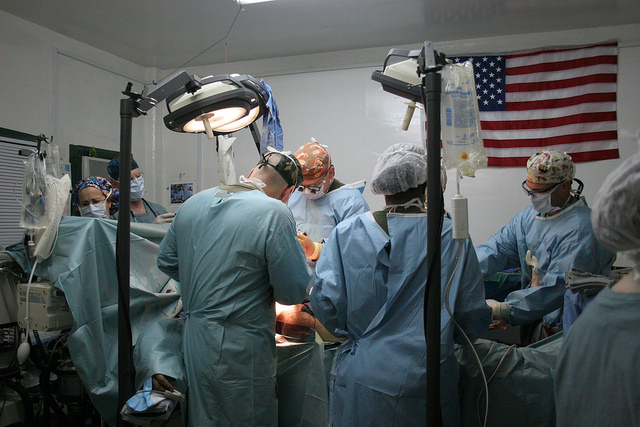Most of us are finding it increasingly hard to get a doctor’s appointment. So, it’s no surprise that a new survey of doctors by InCrowd suggests that doctors are finding it increasingly hard to keep up with demand. They have so much pressure on their time; the practice of medicine is more stressful than ever.
If we are to address the shortage of doctors effectively, we not only need to need to expand medical school classes and residency positions, we need to find ways to make the practice of medicine, particularly primary care medicine, more rewarding.
More than half of the doctors surveyed (57 percent) said that they had personally experienced burnout, including emotional exhaustion, a low sense of personal accomplishment and a lack of enthusiasm for work.
This feeling of burnout has potentially serious effects on patient safety and quality of care; it may also affect the number of people who go into medicine. Almost six in ten doctors surveyed said that they were unsure whether they would recommend a career in medicine to a family member or knew they would not do so.
In addition to time pressures, doctors felt that completing electronic medical records was a big stressor. Almost three out of four primary care and emergency room doctors surveyed said that the facilities in which they worked were not addressing physician burnout effectively.
Two hundred doctors were surveyed. Each had been in practice for ten or more years, and, overall, the doctors had been in practice an average of 17 years.
According to a new report by Merritt Hawkins, the doctor shortage in primary care is leading to a large increase in their starting salaries. They are seeing double digit increases. The starting salary for family medicine is up 13 percent to $225,000.
Here’s more from Just Care:











Our medical service delivery system is broken. Good, concerned doctors cannot practice to the best of their abilities. The complex system of insurance companies with different requirements, different payments for the same service, excessive need for testing, make for an impossible burden.
The problem is not just a shortage of doctors, it is with the whole medical system.
From personal experience, it is getting to the point that you NEED anywhere from fifty to a hundred dollars available money just to get into a doctor’s office. A good part of this is due to slow pay by insurers, but also due to the low pay by insurers.